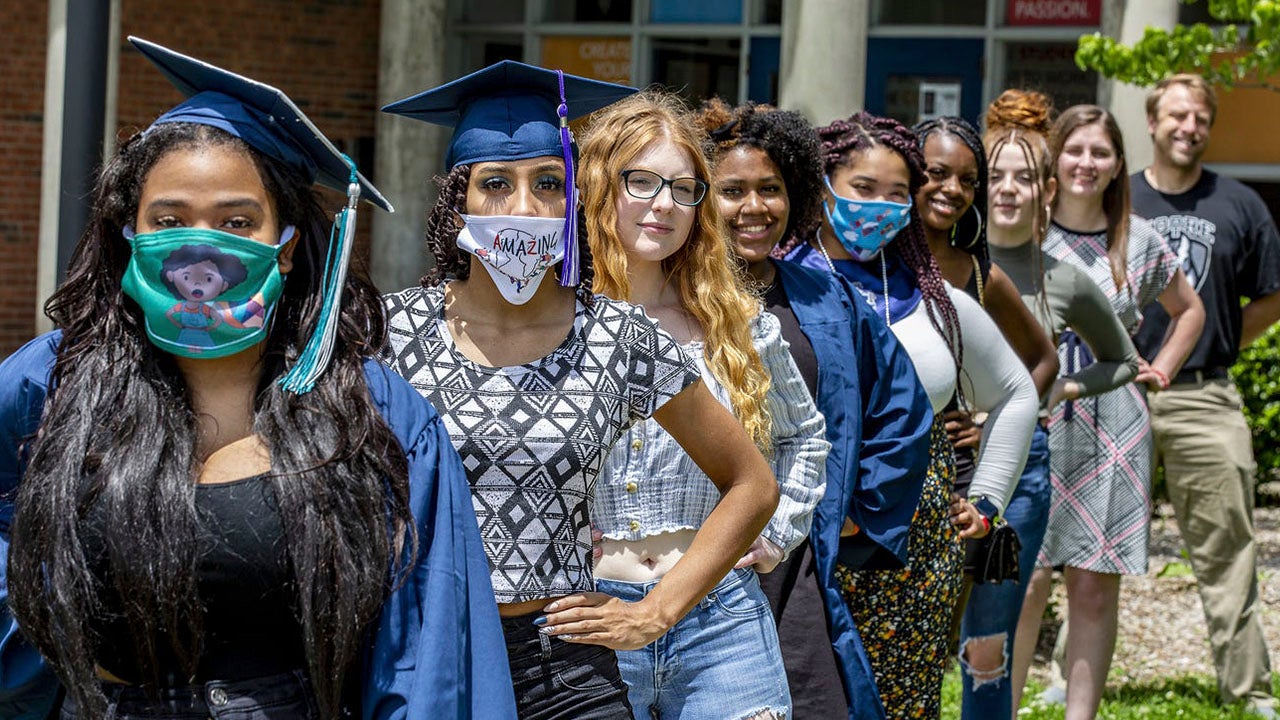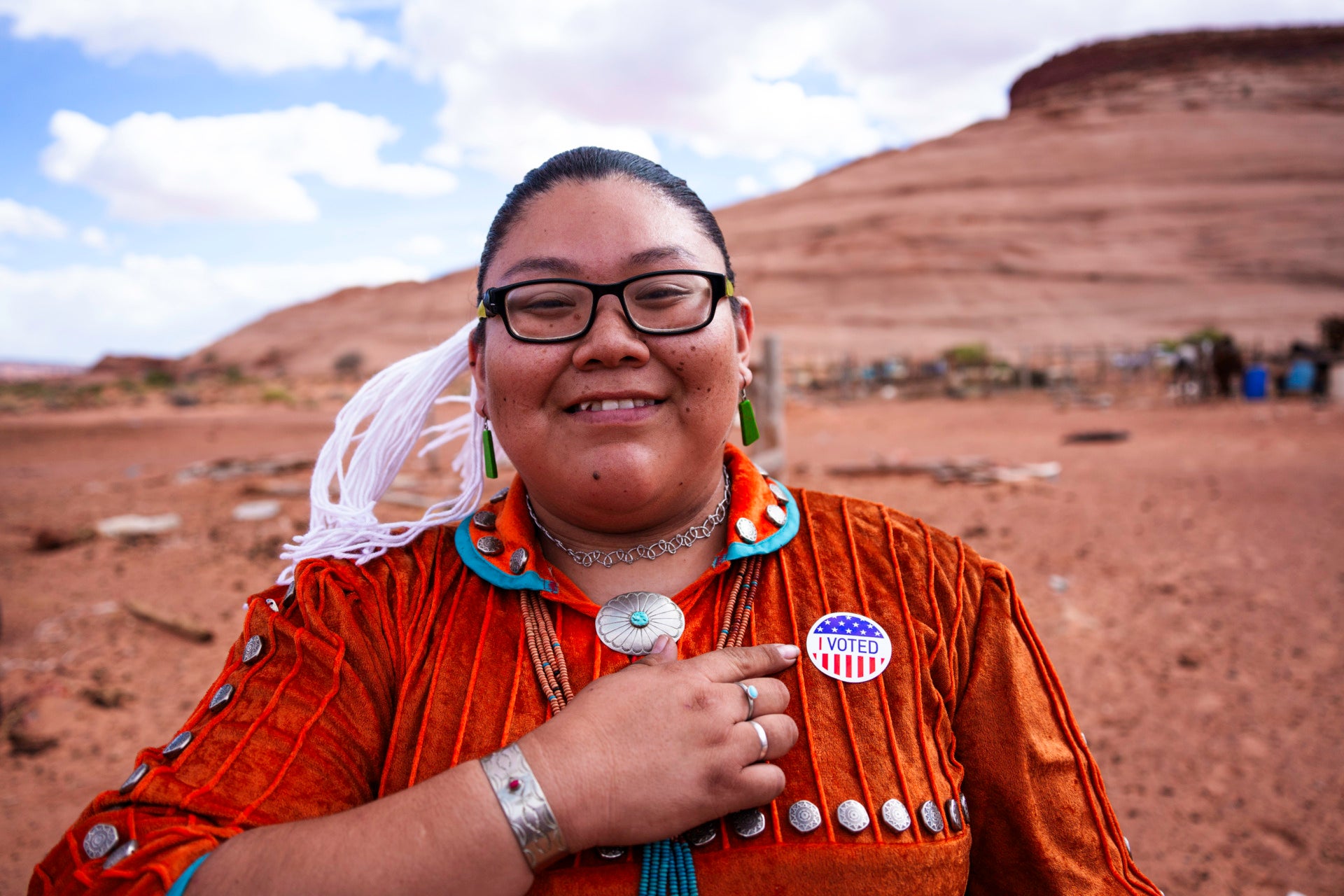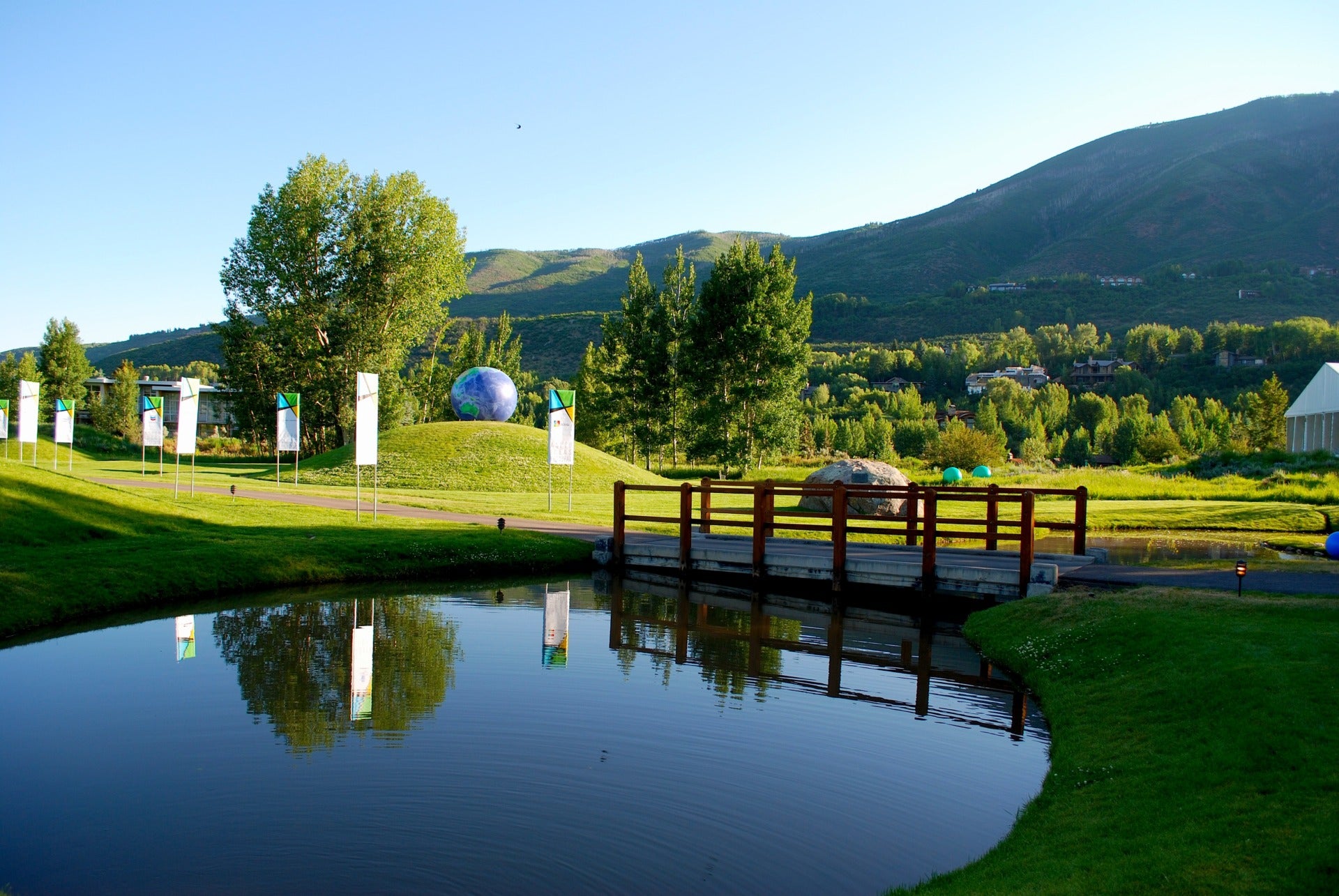Communities across the country have the power to effect change where they are. By looking to people from within—those who know the community and its challenges best—there’s an opportunity to create sustainable, effective solutions to those challenges. What are the barriers that keep people from exercising that power? How can we keep our communities engaged?
Throughout 2020, the young leaders that comprise the Aspen Young Leaders Fellowship (AYLF) cohort in St. Louis, Missouri worked alongside their neighbors on a Community Impact Project to tackle the city’s most pressing problems. AYLF Fellow Blake Comeaux reflects on how his cohort identified these key issues and worked to solve them, as well as how this process demonstrated the power in anyone to be a changemaker in their community.
I believe one major barrier to civic engagement is a limiting belief that people often feel: that a single person does not have the power to change their own circumstances. In my own experiences, I have seen many people defeat themselves because of this. It is important to note that these people are not to blame. After seeing generation after generation before them unable to greatly alter their surroundings—regardless of how much and how hard they tried—it is understandable to question the power that individuals actually hold.
In my community in St. Louis, the fight for equity in education has been a long struggle. Seeing how hard those before us have fought and continue to fight while disparities are still rampant can be extremely discouraging. It makes us ask ourselves, “If they have worked so hard but these problems are still present, can we really make a change?” If past experience tells us we do not have power to effect change, we have no incentive to participate in the actions that could make it happen.
We must address this limiting belief because our communities require leadership from within for change to be effective and sustainable. If we do not first tear down this barrier of perceived powerlessness, we can never expect to be the changemakers in our communities.
The Aspen Young Leaders Fellowship empowered my cohort and me to confront the problems plaguing the city of St. Louis, Missouri. Together, we realized our potential to solve a glaring problem that many of us experienced intimately—equitable education with a specific focus on addressing the achievement gap. The achievement gap can be defined as disparities in academic performance between different groups of students. In St. Louis, this gap exists between public schools in the St. Louis City School District (SLPS) and the state-wide public-school averages.
SLPS schools have an average math proficiency score of 18% compared to the state’s public-school average of 42%. This gap is reaffirmed when you look at SLPS school’s average reading proficiency score of 23% opposed to the state’s public-school average of 49% (Source: Public School Review).
This was an intimate issue for our cohort because many of us attended SLPS schools and experienced the impacts of this gap firsthand. In addition, multiple cohort members currently teach in SLPS schools, deepening their knowledge of the roots of the issue from both the student and teacher perspective. As part of the AYLF experience, our cohort was tasked to launch a sustainable community impact project—an initiative that put the leadership lessons we learned in the fellowship into practice by tackling a pressing issue impacting St. Louis. Motivated by the data emphasizing these stark disparities and our personal knowledge of the consequences of being denied a quality education, we outlined two goals: closing this achievement gap and creating a more equitable education in our city.
After making education the focal point for our project, we determined how we wanted to go about creating change. At this point, around spring of last year, SLPS announced the district would be conducting its school year online due to the rampant spread of Covid-19. The distance learning format, with its reliance on technology, posed a potentially serious problem for SLPS students who were not able to effectively adapt to the online learning environment. Seeing the potential for this to widen the achievement gap even further, it made sense for us to help prepare students for their virtual learning semester.
We got to work by providing necessary materials, such as grade-level appropriate books, writing utensils, notebooks, earbuds, and backpacks. We chose to target third-grade students, as that grade level is considered a critical learning period that is pivotal to a student’s growth going forward. After loading and organizing supplies, we delivered them to Mullanphy Elementary, and, with the help of very eager teachers, prepared for students to receive the items the following school day. We could feel the gratitude from the teachers and the families as they picked up the supplies.
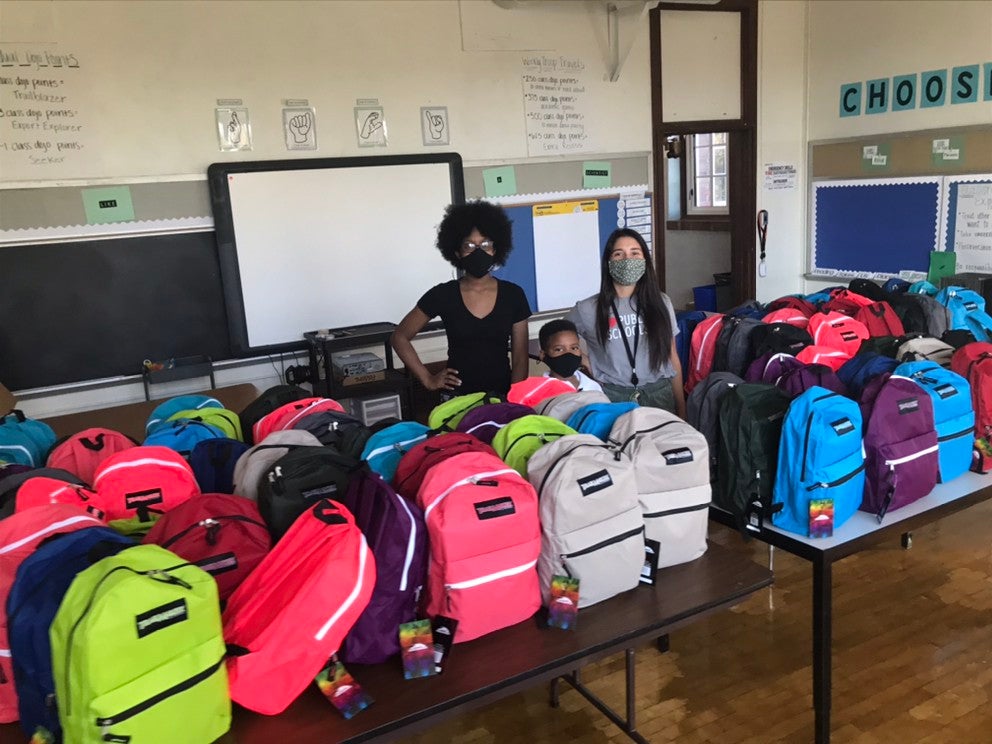
Beyond the materials themselves, this project made an impact because it proved that people in the community—and people from the community—genuinely cared about the problems SLPS families face. People who grew up in and were nurtured by SLPS were giving back to an institution that was influential in their own upbringing. Through our efforts, we helped 75 students and their families.
Recognizing we had the power to be changemakers in our community, my AYLF Cohort and I were able to effectively implement a solution to a problem we had felt and experienced. We were able to show the potential of community members—and in our case young people—working together to make change.
The intimate knowledge of what our community needs, coupled with the confidence in ourselves to effect change was an extraordinarily powerful combination. I believe it is also what made us successful.
My most sincere hope is that this combination is leveraged by other individuals, communities, and outside institutions that want to have positive impacts on communities. When power is wielded in this way—when solutions come from an engaged community—there is no limit to the good that can be done.
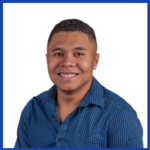 Blake Comeaux is a sophomore pursuing a bachelor’s degree in philosophy – law & policy at Washington University in St. Louis. While being particularly interested in ethics, he deeply enjoys looking at the world through different perspectives to develop and inform his own worldviews. Blake plans on attending law school after completing his undergraduate degree. Although he is not yet certain about which area of law he wants to practice, he is ultimately motivated by a passion to help others. He is an Aspen Young Leaders Fellow from the 2019-2020 St. Louis cohort.
Blake Comeaux is a sophomore pursuing a bachelor’s degree in philosophy – law & policy at Washington University in St. Louis. While being particularly interested in ethics, he deeply enjoys looking at the world through different perspectives to develop and inform his own worldviews. Blake plans on attending law school after completing his undergraduate degree. Although he is not yet certain about which area of law he wants to practice, he is ultimately motivated by a passion to help others. He is an Aspen Young Leaders Fellow from the 2019-2020 St. Louis cohort.
